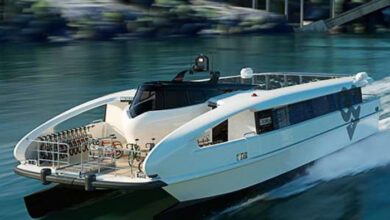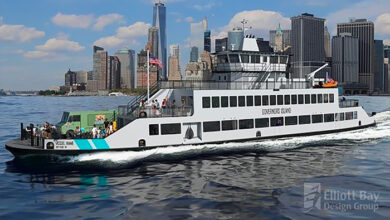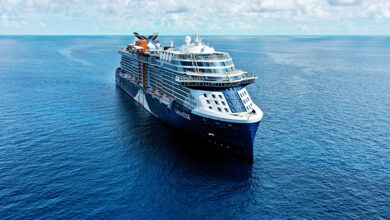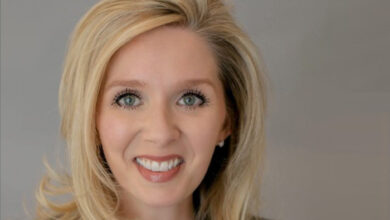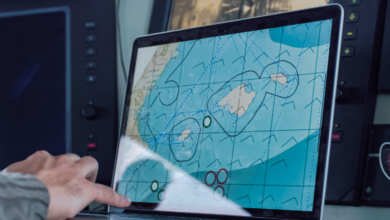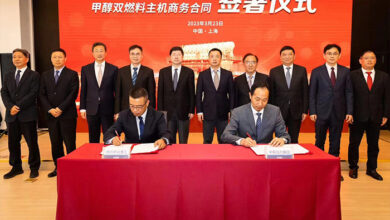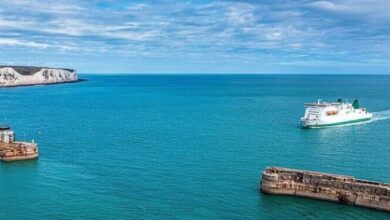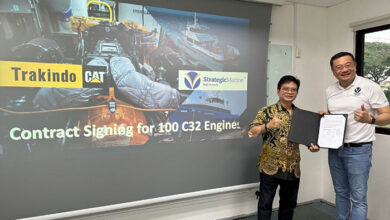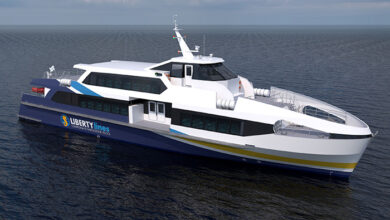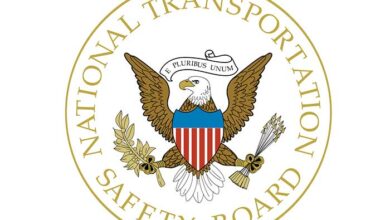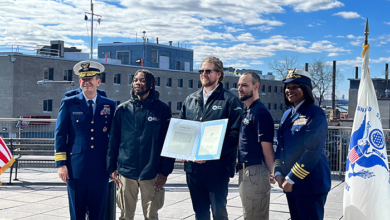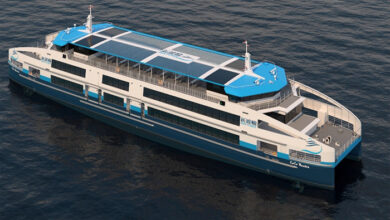WMU : Protecting Women as Workers in the Maritime Environment and the MLC, 2006
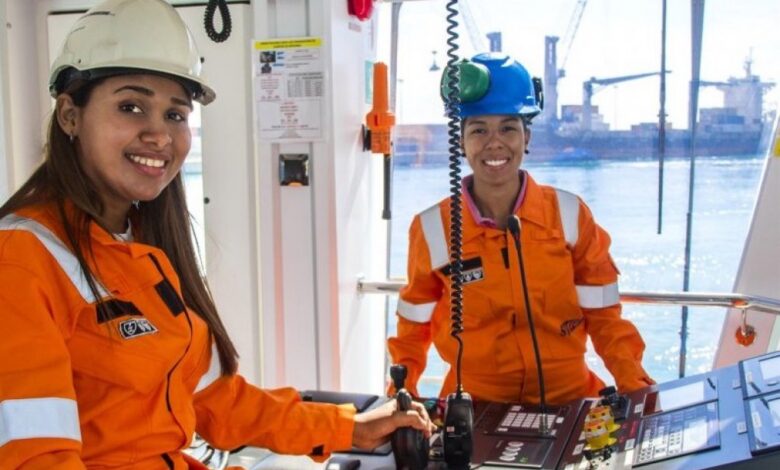
As part of the Dialogue on Gender Integration and Maritime Security Workshop, hosted by the William Perry Center for Hemispheric Defense Studies on 8-9 September, Dr. Cleopatra Doumbia-Henry, President of the World Maritime University (WMU) addressed the topic of Protecting Women as Workers in the Maritime Environment from the perspective of The Maritime Labour Convention, 2006 as amended (MLC, 2006).
While serving as the Director of the International Labour Organization’s (ILO) Labour Standards Department, Dr. Doumbia-Henry was directly responsible for the coordination and advancement of the MLC, 2006. In her remarks, she highlighted the opportunity that the MLC, 2006 presents to design a strategy for greater sensitization of the industry in order to attract and retain women seafarers. “The MLC is one of the most gender-sensitive of the ILO instruments, outside of the gender instruments adopted by the ILO to date,” she said.
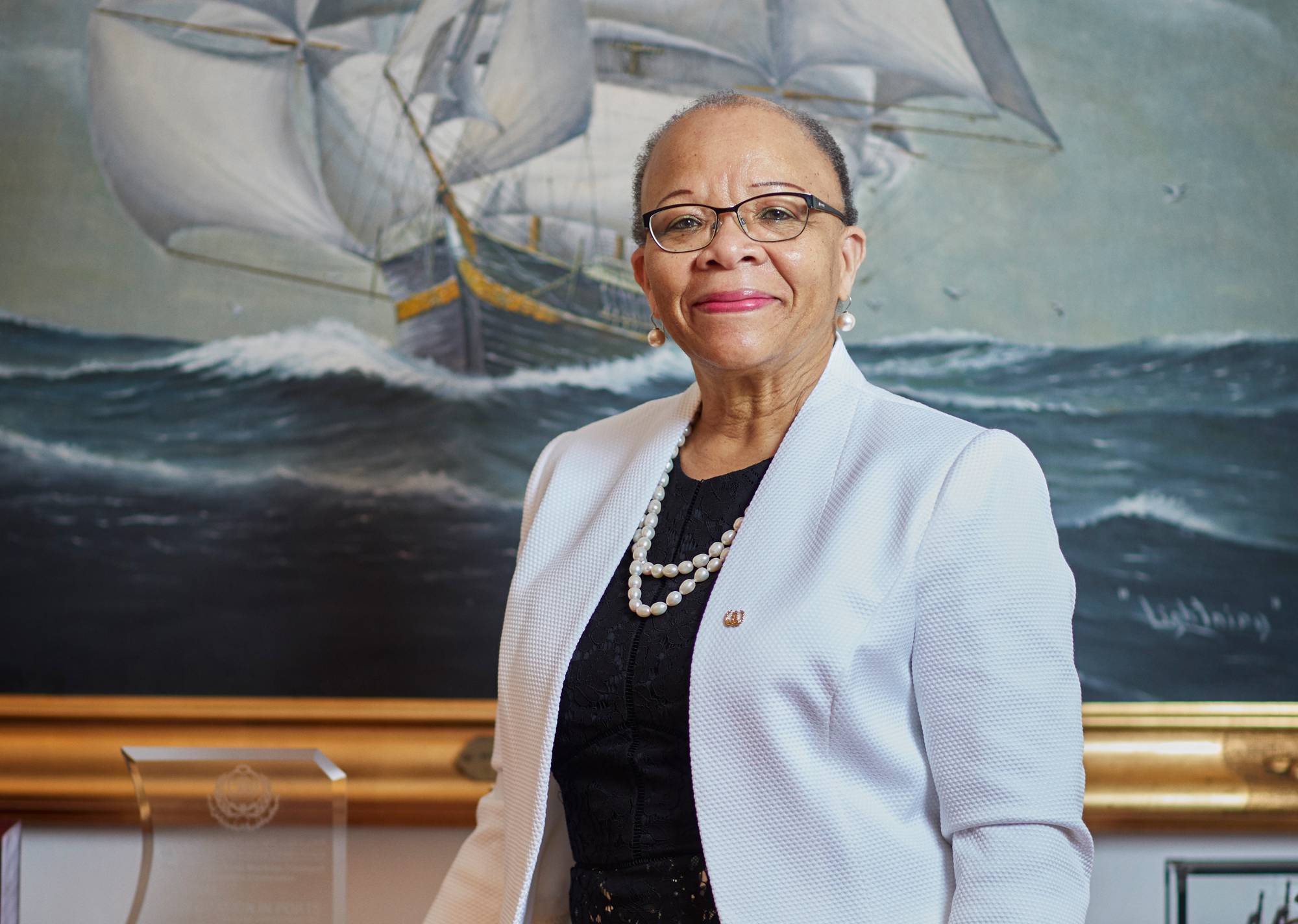
Dr. Doumbia-Henry noted that reasons for women’s limited access to the maritime professions mirror many of the reasons women are excluded from other professions, namely: unfounded beliefs that women are incapable or unsuited to seafaring due to the physical demands of the work; ideas that women are uniquely responsible for family and household responsibilities, which make long periods away from home problematic; and concerns regarding women’s occupational safety and health. COVID-19 has presented additional challenges for women at sea considering the conditions that seafarers have faced due to the pandemic.
To advance women in maritime and oceans professions, Dr. Doumbia-Henry named six critical actions that should be given priority:
1. Post-pandemic, a new study should be undertaken that would provide the most up-to-date information and data on the number of women in maritime and oceans fields across all sectors and the positions they occupy.
2. Affirmative action in capacity-building should be taken to support Gender Empowerment for the Decade of Ocean Science.
3. A network platform should be established to address gender empowerment, learning, and sharing best practices in a knowledge hub and build support.
4. A solid engagement of all stakeholders should be put in place in consultation with women and minorities.
5. Education and training initiatives and partnerships should be pursued that promote gender rights and equality in the maritime and ocean communities.
6. Enhanced collaborative opportunities to work together should be actively pursued to support the effective implementation of UN SDG Goal 5 (Gender) and Goal 14 (Oceans).
President Doumbia-Henry emphasized the importance of education in affecting change. She noted that WMU recorded female student representation at 3% in 1983 and today, this number has significantly improved to roughly one-third annually in the Malmö-based MSc program since 2015. WMU’s MSc programs taught in Shanghai and Dalian, China has both achieved gender parity since 2019 with both programs reaching a record 50/50 male-female student ratio.



